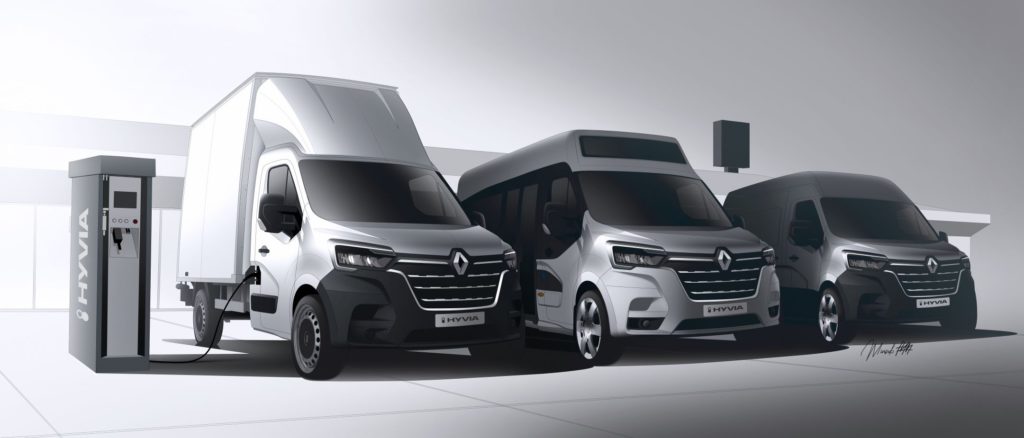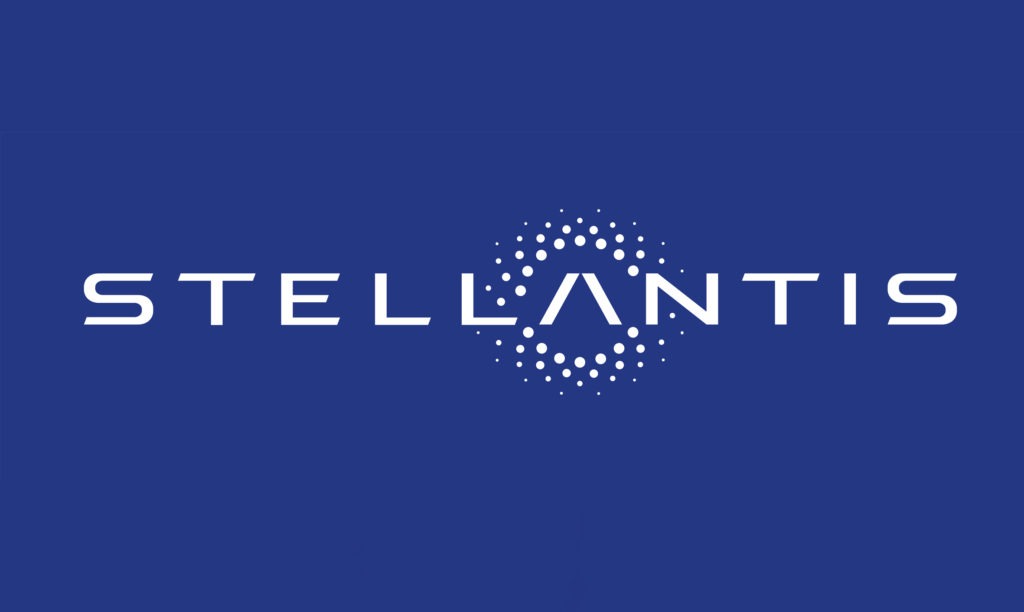Home and essential-service deliveries drive UK LCV demand in June
16 July 2021

Andy Picton, chief commercial vehicle editor at Glass’s (part of Autovista Group) considers the light-commercial vehicle market in the UK in the month of June.
June 2021 saw 34,363 new light-commercial vehicles (LCVs) appear on UK roads for the first time. This was 5,566 units (13.9% down) on the same month in 2019.
Registrations were up 14.4% (4,322 units) versus the COVID-19-impacted June 2020, with semi-conductor shortages continuing to affect production volumes. The main drivers of this trend are an increasing demand for both home-delivery vehicles and essential-service delivery vehicles.
Demand for vans under 2 tonnes and those between 2-2.5 tonne dropped by 18.7% and 4.3% respectively. Registrations in the 2.5-3.5 tonne sector improved by 21.2% whilst the pickup sector also recorded a 5.9% increase.
Ford secured a strong month with four of its product ranges in the top 10. The Ford Transit Custom was crowned best-selling van again in the UK in June, with its big brother, the Transit in second place. The Ranger was in sixth place. The Stellantis Group also returned a positive month with the Vauxhall Vivaro, Citroën Berlingo, Peugeot Boxer and Citroën Relay all positioned in the top 10.
In the first half of 2021, the year-to-date performance was the third best on record, up 1.8% on the 2015-2019 average. A total of 191,513 registrations reflects a market that is 75.9% higher than at the same point last year. Year-to-date, Ford dominates the top 10 registration results, with the Transit Custom, Transit, Transit Connect and Ranger in the standings.
Top five LCV registrations
| YTD 2021 | June 2021 | June 2020 | |||
| Ford Transit Custom | 26,978 | Ford Transit Custom | 4,015 | Ford Transit Custom | 5,930 |
| Ford Transit | 17,644 | Ford Transit | 3,008 | Ford Transit | 2,770 |
| Volkswagen Transporter | 12,586 | Volkswagen Transporter | 2,677 | Mercedes-Benz Sprinter | 2,203 |
| Mercedes-Benz Sprinter | 11,665 | Vauxhall Vivaro | 2,557 | Vauxhall Vivaro | 1,684 |
| Vauxhall Vivaro | 10,116 | Mercedes-Benz Sprinter | 1,909 | Citroen Berlingo | 1,322 |
The effects of the pandemic continue to distress the automotive industry, with COVID-19 restrictions in many European countries and ongoing supply chain shortages continuing to affect vehicle production. With this fragile supply chain expected to last into 2022, there is still some way to go before the industry returns to normal. The commercial-vehicle sector is resilient with strong demand from retail and construction however, semi-conductor shortages and the slow but steady fleet switch to clean vehicle technology has resulted in extended lead-in times. With the LCV parc now standing at 4.6 million, the government needs to improve the national charging infrastructure and incentivise fleets to make the switch away from diesel and into electric and hydrogen.
Strong used market
Driven by the never-ending demand for retail-ready LCVs, the used market for June has remained strong. Average sales prices have increased by over £200 during the month, but first time conversion rates were down 3.7% versus May and are now at their lowest point during the last 12 months.
The continued shortage of sub-two-year old stock in June meant that only 6% of all vehicles sold were in this age bracket. With trade buyers and franchised dealer groups pursuing the best examples, prices have remained strong.
With the UK’s industry association, the SMMT, reporting steady new registrations during June, there is hope that vehicle de-fleets will start to find their way into the wholesale market. Although this will improve the supply of stock into the used market, there are still major delays for new vehicles entering the UK. As a result, used prices look set to remain high for the remainder of the year.
Auction data
Glass’s auction data shows the overall number of vehicle sales in June decreased by 17.43% versus May 2021 and was 8.89% lower than 12 months ago.
Average sales prices paid increased by 2.32% versus May and remain 21.72% higher than the same point last year. The average age of sold stock reduced from 75.3 months in May to 74.8 months in June and is exactly 10 months older than at the same point last year.
Average mileages have reduced month on month, falling from 78,819 miles in May to 76,225 miles in June (-3.30%). The latest average mileage is 6,573 miles higher (up 8.63%) than in June 2020.
Glass’s continues to monitor the LCV market closely and has an open dialogue with auction houses, manufacturers, leasing and rental companies, independent traders and dealers, as well as the main industry bodies. This information, combined with the wealth of knowledge in our CV team ensures Glass’s valuations remain relevant in the marketplace.



